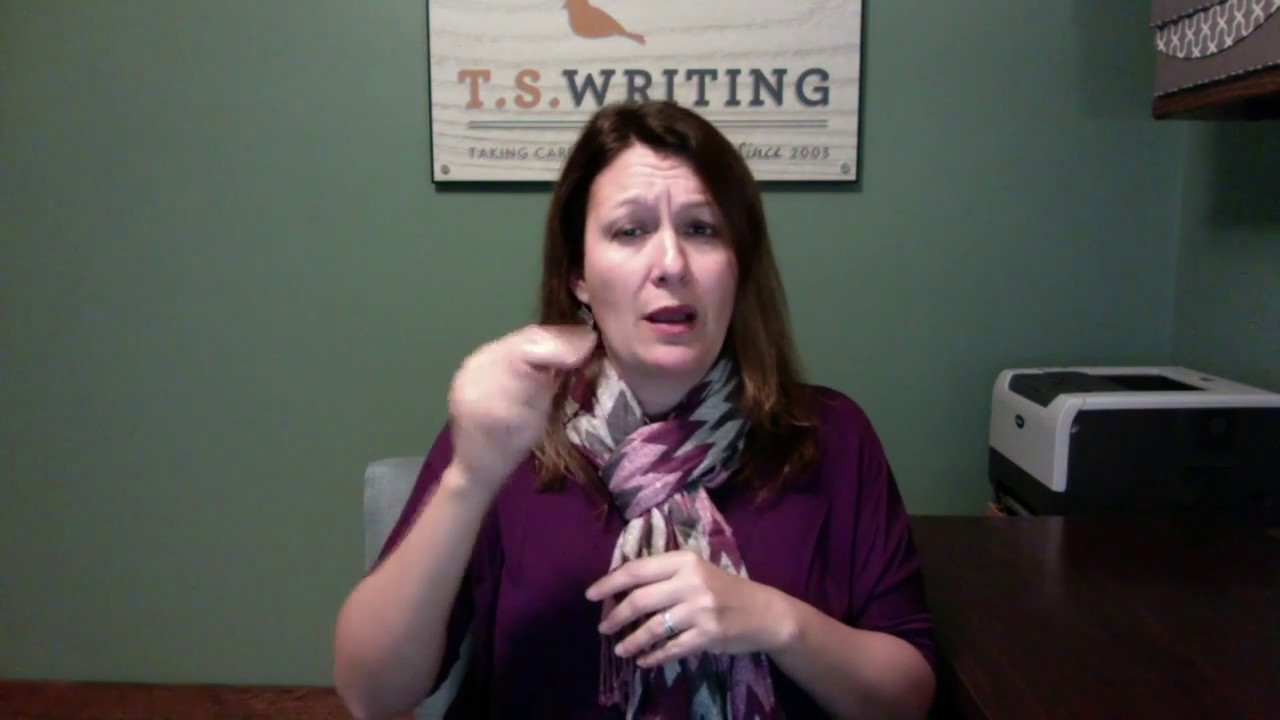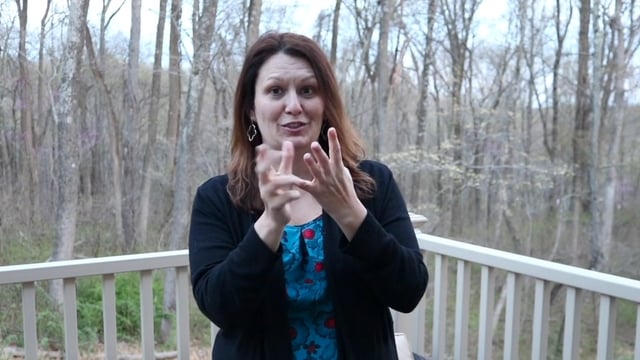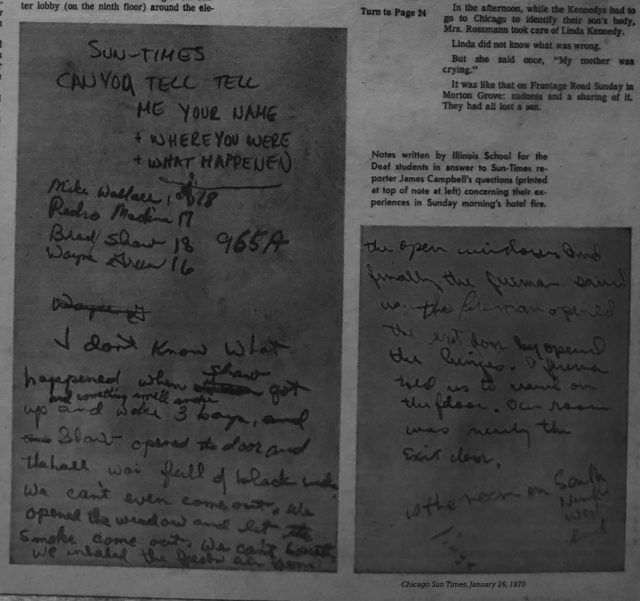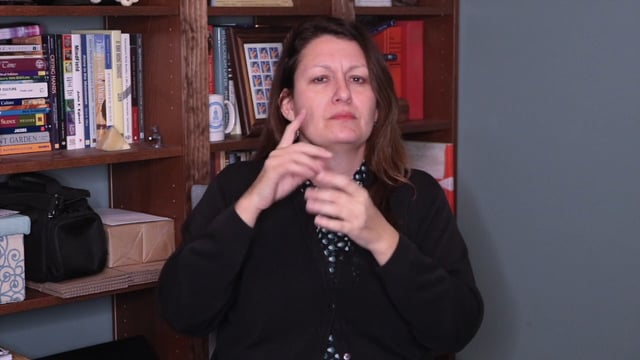This originally appeared in The Tactile Mind Weekly in Trudy’s ON HAND column.
I was a judge in the 2002 contest of WORLD AROUND YOU’s national essay contest, and was somewhat taken aback by the contents of the entries.
The majority of the essays were from students in “hearing” schools; very few came from residential schools. When I asked a friend who works at a deaf school why his school hadn’t submitted entries, he said, “The English teacher here didn’t feel it was worth the time.” Almost all of the other friends I asked at other deaf schools echoed the English teacher’s sentiments. That pissed me off, especially because the teachers were deciding for the students.
The other eye-opening detail was the common theme: I’m not different; I’m just like any other hearing kid; I can speak and lipread well. Most of them described years of struggle with speech therapy, acceptance, academic accessibility, and how they wished their families understood (although many of them credited parents for their success). Almost none described using ASL, or pride in being deaf–rather, they were more focused upon being “like hearing people.”
As I read these essays, I was quickly reminded of my mainstreamed years. I had the support of Deaf parents; I went to programs that had large numbers of deaf students; and I had Deaf role models from day one. But I also wanted to be hearing. Desperately. It was only when I went to a summer program at Gallaudet that coincided with Deaf Way 1989 that I realized my identity.
I hope this year’s contest brings in more entries from students at residential schools. I’d bet my life savings that the essays would be dramatically different in attitude. I also hope deaf students are truly happy with who they are–mainstreamed or not. They’re our future, after all.
I’m just grateful I found my identity so early on.
Copyrighted material. This article can not be copied, reproduced, or redistributed without the written consent of the author.




